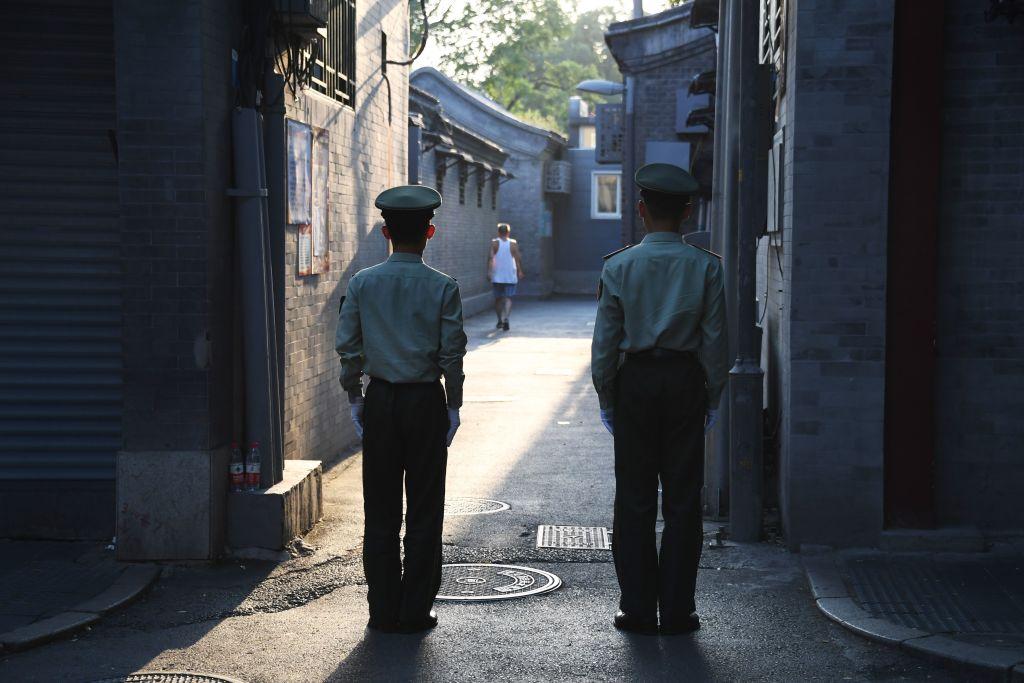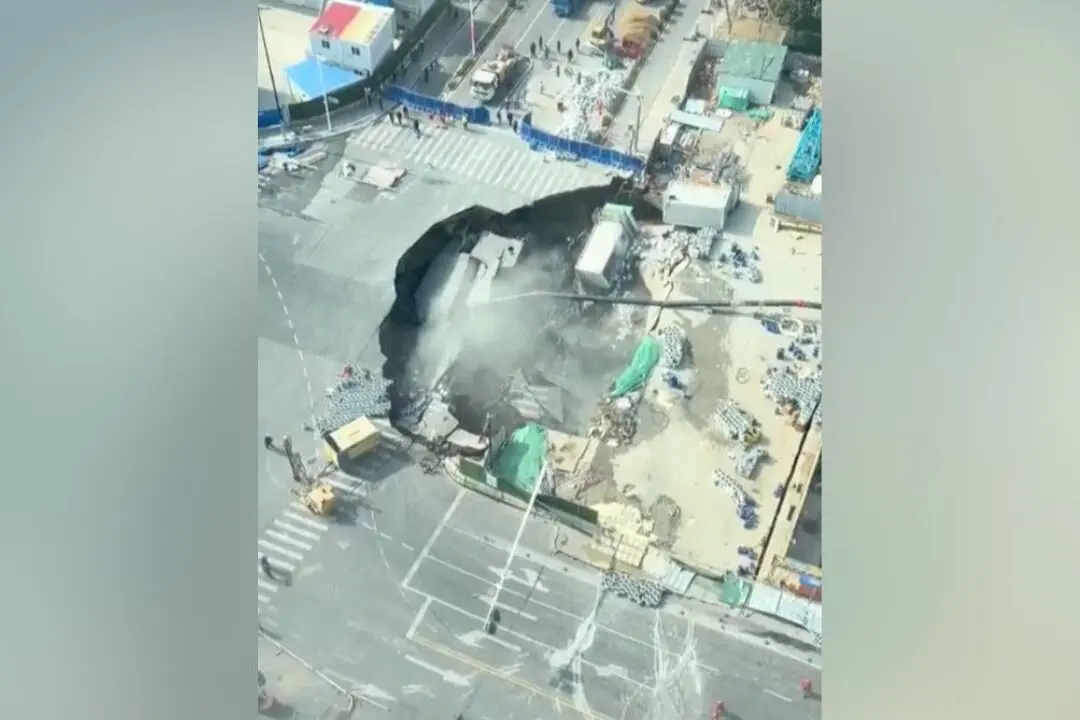China’s top spy agency said on Monday that it is investigating a senior official who is allegedly spying for the U.S. Central Intelligence Agency (CIA), the second claim in 10 days as the communist regime intensifies its counterintelligence campaign amid unprecedented economic troubles.
The 39-year-old Chinese national, surnamed Hao, was a cadre at a ministry and allegedly recruited by the CIA as a spy while he was studying in Japan, according to a statement released by the Ministry of State Security (MSS), the central agency overlooking intelligence and security operations at home and abroad. The agency did not reveal Hao’s gender or the ministry Hao worked for.




